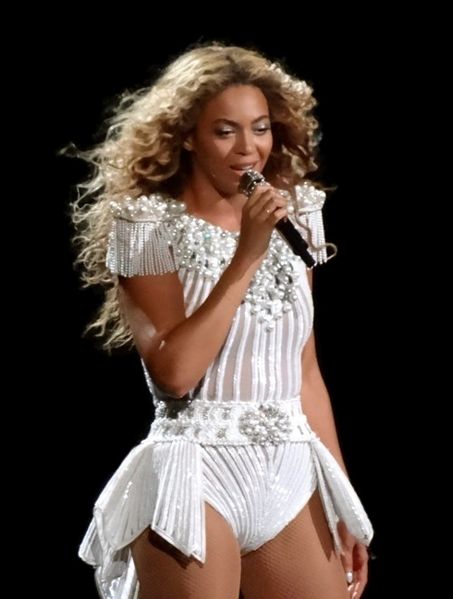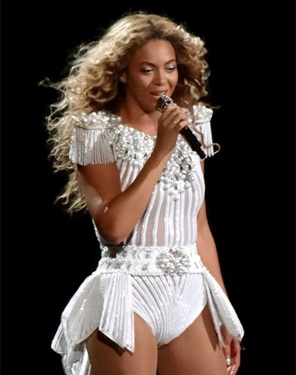
Bravo TV, the popular American cable network operated by NBCUniversal, interviewed our founder and CEO, Shannon Wilkinson, on how celebrities are successfully managing their once-public divorces. Here are highlights from reporter Marianne Garvey’s interview, published on Bravo’s “Personal Space”:
“When Fergie and Josh Duhamel announced their split, the shock was softened by the fact that they told us it in fact had happened “earlier this year.” “Same with Anna Faris and Chris Pratt, who also released a joint statement on their separation, saying they “tried for a long time…” “Jennifer Garner and Ben Affleck had everyone confused as to the date of their actual split because it happened nearly a year before they announced their breakup—and they were still living together. For a while, it even looks like they would reconcile.
“What’s with the trend of waiting so long to tell the public you’re over? How can they really move on while still pretending? In private, they’re way ahead of us, explains Shannon Wilkinson, founder of Reputation Communications, a New York City based firm that is described as a “reputation architect,” which, for a hefty fee, takes control of a celebrity’s narrative and helps them through a crisis like a divorce.
“The firm creates a storyline or a “strategy,” tailored specifically to the situation at hand and even helps a celeb control their online image if their divorce has become the top Google search online. In other words, they are hired to control the “story” of their star client’s split. “They usually wait to announce in order have privacy to get back on their feet, address their career, reboot their image, and move on without the public weighing in,” says Shannon. “It’s a symbol of very good management when they are able to conceal it for some time; it’s also helpful when they are between projects, they can take a breather and not in the spotlight.”
“Shannon says that the most interesting part is that with sites like TMZ, tabloids, and paparazzi, celebs still manage to pull off the impossible and keep a divorce on the DL, sometimes for a year or more. “The primary reason they hold off is because of privacy, it’s very often related to the family issue…if they have small children like Jennifer Garner and Ben Affleck and they’re clearly very devoted to their children…When celebrities are able to put a veil over their separation or divorce with a serious partner it enables them to manage the emotions of the couple and the family in a way they rarely have the luxury to do.”
“They also have time to deal with logistics, reboot their lives, figure out where they’ll live, find a new home, inform their friends and family, and mourn the relationship in private. But, let’s not forget career.
“In some instances their career is playing a role,” Shannon adds, “The more time they have to get the right legal representation, and deal with the fallout and make a joint statement, the more time they have in private to map out what’s next for their career, and the more strategic control they have over their careers. Maybe they’re up for a movie role and they don’t want the divorce to be front and center, we help. Because when that happens they’ve lost the narrative. If your career has something on the front burner or in development they lose that when the divorce is all over the news.”
“So she works to develop a strategic plan to develop artistic content as high as that divorce story—and says the absolute number one best celebrity own the world who has conquered this formula is Beyoncé. “The key is to integrate it and move forward,” Shannon adds, saying “Gwyneth Paltrow mastered the idea with her “conscious uncoupling” from Chris Martin.
Read the complete article: Hollywood “Fixers” Tell Us Exactly How Stars Who Break Up (And Want To Pretend They Didn’t) Pull It off.





